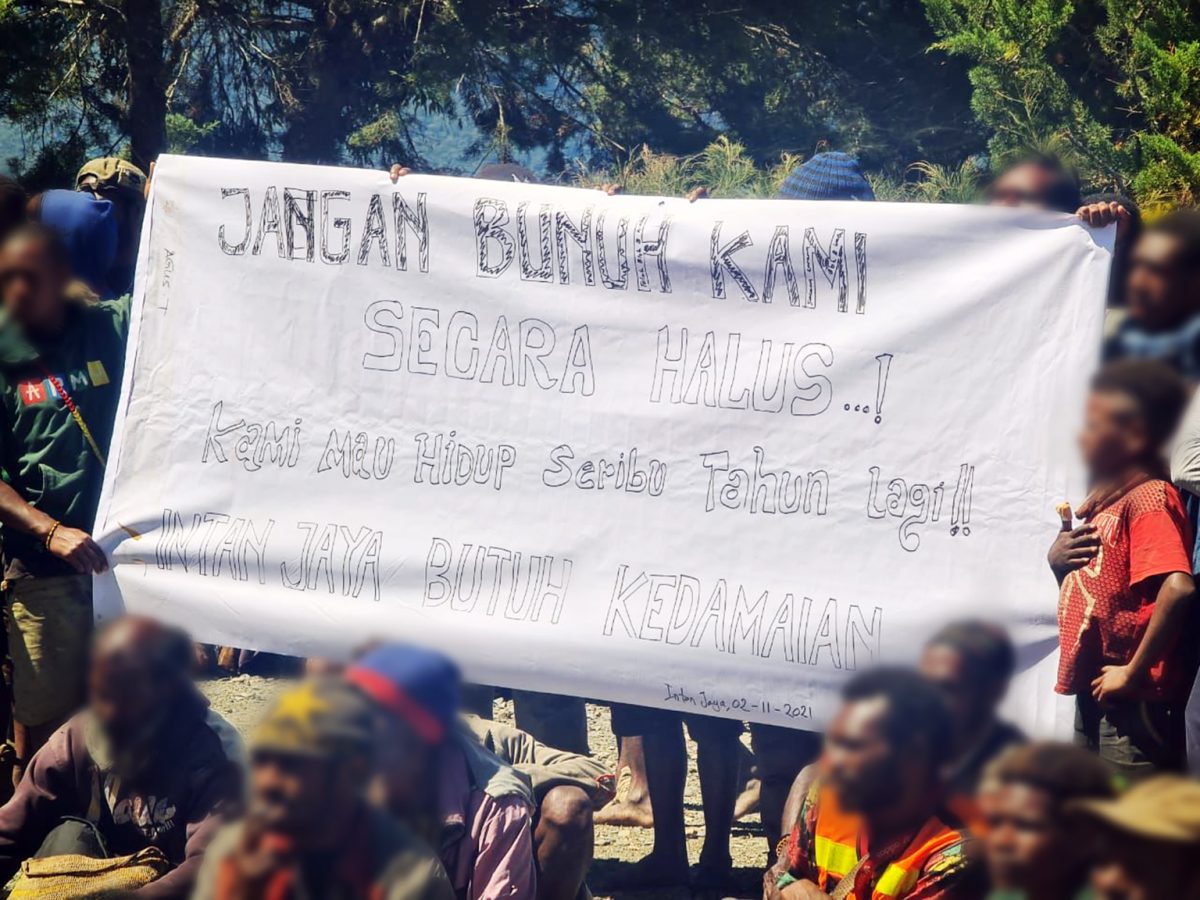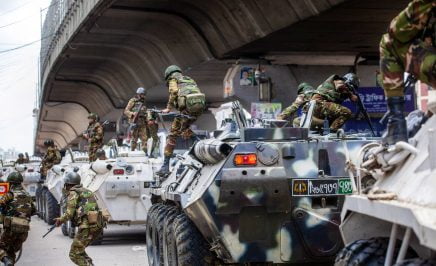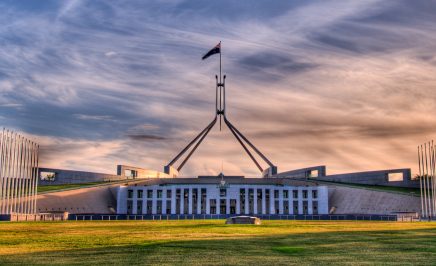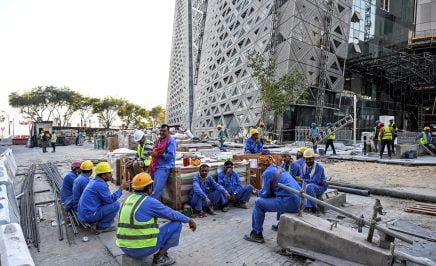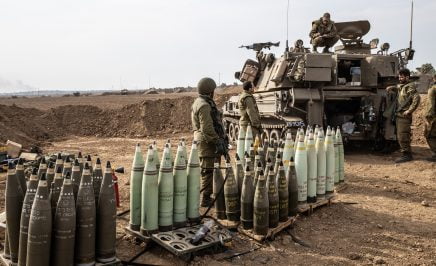Indigenous Papuans expressing their opinions in peaceful demonstrations have once again been met with obstruction and excessive use of force from Indonesian police, Amnesty International Indonesia and Amnesty International Australia said today.
“Indigenous Papuans have a right to peacefully protest against government policies without running the risk of being arrested or beaten,” said Amnesty International Indonesia Executive Director Usman Hamid. “These repeated incidents show that the state has no respect for the voices of Indigenous Papuans.”
On Friday, 3 June, demonstrations were held in various towns across Papua, to protest the central government’s plans to split the provinces of Papua and West Papua into new autonomous regions. Activists, human rights defenders, and Indigenous Papuans have raised concerns that the new provinces will serve as an excuse to further militarize Papua, as each province in Indonesia is required to have its own military command and regional police force.
At least 44 protestors were arrested, including 13 people who are still in custody in Merauke at the time of writing, and at least 25 people were injured after police forcibly dispersed in four towns.
“Today’s protests, and the police’s response, is just the latest incident of many that show how the concerns of Iindigenous Papuans are not even listened to, let alone accommodated for,” Amnesty International Australia National Director Sam Klintworth said.
“It’s vital Australian Prime Minister Anthony Albanese use his visit to Indonesia to raise concerns about the continued use of force against peaceful protesters in Papua with President Joko Widowo. We also request the Prime Minister to urge Indonesia to genuinely listen to the Papuans in order to solve the conflict.” Klintworth said.
“The Indonesian government claims that it wants to ‘develop’ Papua and create prosperity for Papuans,” said Usman. “But how can Papuans be prosperous if their attempts to express opinions and aspirations are met with violence.”
Background
According to information Amnesty received from protesters, at least 44 people were arrested, and at least 25 people were injured in relation to the demonstrations. In Jayapura at least two people were arrested and 11 injured; 22 were arrested in Nabire; two were arrested and two were injured in Timika; five were arrested and 10 injured in Sorong; and 13 were arrested in Merauke.
Previously, on 10 May 2022, protestors holding similar demonstrations against the new autonomous regions were met with police batons and disproportionate use of water cannons. Seven Papuan activists, including staff of human rights watchdog KontraS, were also arrested on the same day. They were later released without charge, but police have said that they may be charged under the Electronic Information andTransactions (EIT) Law for spreading online fliers urging people to participate in the protests.
On 15 March, two protesters who participated in similar protests in Yahukimo, Yakob Meklok and Esron Weipsa, were shot dead by police.
Last year, peaceful protests against the renewal of and revisions to the Special Autonomy Law for Papua, which is the basis for the creation of the new regions, were also met with disproportionate force.
On 14 July 2021, at least four students were injured in Jayapura after clashes with security forces. Police reportedly beat protesters using their fists, guns and rubber batons.
On 15 July, police dispersed protesters in front of the House of Representatives building in Jakarta. At least 50 people were arrested. One protester described being beaten, punched, stamped on and racially abused by members of the security forces before being pulled into a truck and taken to the Jakarta police headquarters. On 16 August, during another protest in Jayapura, security forces used water cannons, rubber batons, and baton rounds to disperse protesters.
While Amnesty International acknowledges the complex environment law enforcement officials often find themselves in when carrying out their duty they must ensure full respect for the right to life, liberty and security of all persons, including those suspected of crime.
The use of force and firearms directly impacts on the right to life, which is protected under Article 6 of the International Covenant on Civil and Political Rights, which Indonesia is obliged to comply with as a state party. The use of force is therefore subject to strict human rights safeguards as set out in the UN Code of Conduct for Law Enforcement Officials (1979) and the UN Basic Principles on the Use of Force and Firearms by Law Enforcement Officials (1990). The use of force by law enforcement officials in Indonesia is further regulated by the Indonesian Chief of Police Regulation on the Use of Force in Police Action (No. 1/2009). Article 19 of the International Covenant on Civil and Political Rights (ICCPR) also protects the right to freedom of expression, including the right to protest.
